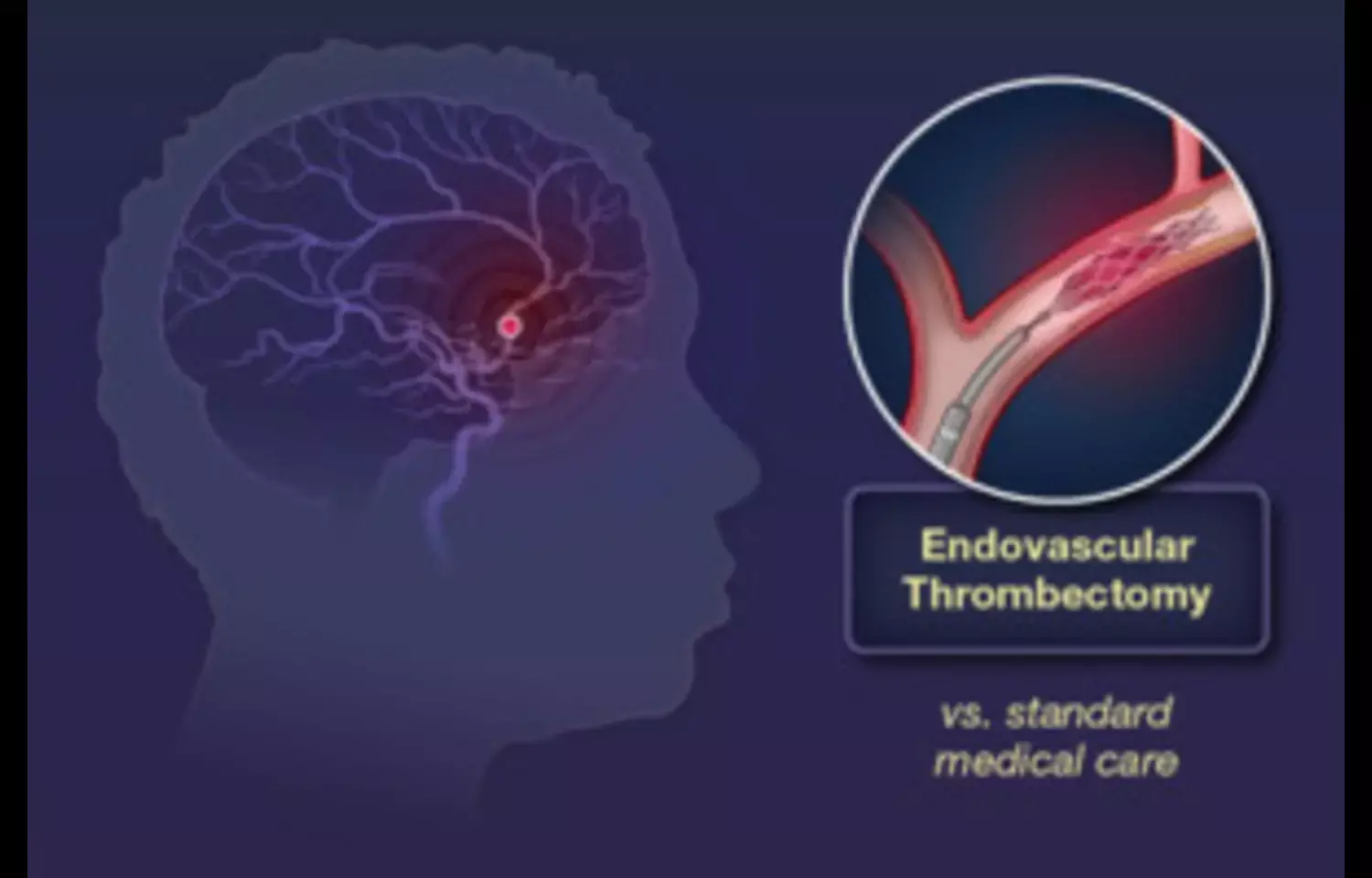- Home
- Medical news & Guidelines
- Anesthesiology
- Cardiology and CTVS
- Critical Care
- Dentistry
- Dermatology
- Diabetes and Endocrinology
- ENT
- Gastroenterology
- Medicine
- Nephrology
- Neurology
- Obstretics-Gynaecology
- Oncology
- Ophthalmology
- Orthopaedics
- Pediatrics-Neonatology
- Psychiatry
- Pulmonology
- Radiology
- Surgery
- Urology
- Laboratory Medicine
- Diet
- Nursing
- Paramedical
- Physiotherapy
- Health news
- Fact Check
- Bone Health Fact Check
- Brain Health Fact Check
- Cancer Related Fact Check
- Child Care Fact Check
- Dental and oral health fact check
- Diabetes and metabolic health fact check
- Diet and Nutrition Fact Check
- Eye and ENT Care Fact Check
- Fitness fact check
- Gut health fact check
- Heart health fact check
- Kidney health fact check
- Medical education fact check
- Men's health fact check
- Respiratory fact check
- Skin and hair care fact check
- Vaccine and Immunization fact check
- Women's health fact check
- AYUSH
- State News
- Andaman and Nicobar Islands
- Andhra Pradesh
- Arunachal Pradesh
- Assam
- Bihar
- Chandigarh
- Chattisgarh
- Dadra and Nagar Haveli
- Daman and Diu
- Delhi
- Goa
- Gujarat
- Haryana
- Himachal Pradesh
- Jammu & Kashmir
- Jharkhand
- Karnataka
- Kerala
- Ladakh
- Lakshadweep
- Madhya Pradesh
- Maharashtra
- Manipur
- Meghalaya
- Mizoram
- Nagaland
- Odisha
- Puducherry
- Punjab
- Rajasthan
- Sikkim
- Tamil Nadu
- Telangana
- Tripura
- Uttar Pradesh
- Uttrakhand
- West Bengal
- Medical Education
- Industry
Patients undergoing endovascular Thrombectomy for Large Vessel Occlusion Stroke under GA had improved outcomes: JAMA

A recent randomized clinical trial published in JAMA Neurology found that patients with large vessel occlusion acute ischemic stroke who underwent endovascular thrombectomy under general anesthesia experienced better ninety-day functional outcomes and higher rates of successful reperfusion compared with those treated under moderate sedation.
The study enrolled patients with acute ischemic stroke due to large vessel occlusion and randomized them to receive endovascular thrombectomy under either general anesthesia or moderate sedation. The primary endpoint was the proportion of patients achieving a favorable functional outcome, defined as a modified Rankin Scale score of zero to two at ninety days. Secondary endpoints included rates of successful reperfusion and periprocedural complications. Results showed that patients in the general anesthesia group had significantly higher rates of favorable outcomes and successful reperfusion compared with the sedation group. There were no significant differences in the incidence of periprocedural complications between the two groups. These findings suggest that general anesthesia may provide advantages over moderate sedation by optimizing procedural conditions during endovascular thrombectomy for large vessel occlusion stroke, potentially leading to improved clinical outcomes. The authors recommend further studies to confirm these results and investigate the mechanisms contributing to the observed benefits of general anesthesia.
This trial adds to the growing body of evidence guiding anesthetic strategies in acute stroke interventions and may influence clinical practice guidelines regarding the optimal anesthetic approach for endovascular thrombectomy in patients with large vessel occlusion acute ischemic stroke.
Keywords:
endovascular thrombectomy, large vessel occlusion, acute ischemic stroke, general anesthesia, moderate sedation, randomized clinical trial, functional outcomes, reperfusion, periprocedural complications
Dr. Shravani Dali has completed her BDS from Pravara institute of medical sciences, loni. Following which she extensively worked in the healthcare sector for 2+ years. She has been actively involved in writing blogs in field of health and wellness. Currently she is pursuing her Masters of public health-health administration from Tata institute of social sciences. She can be contacted at editorial@medicaldialogues.in.


